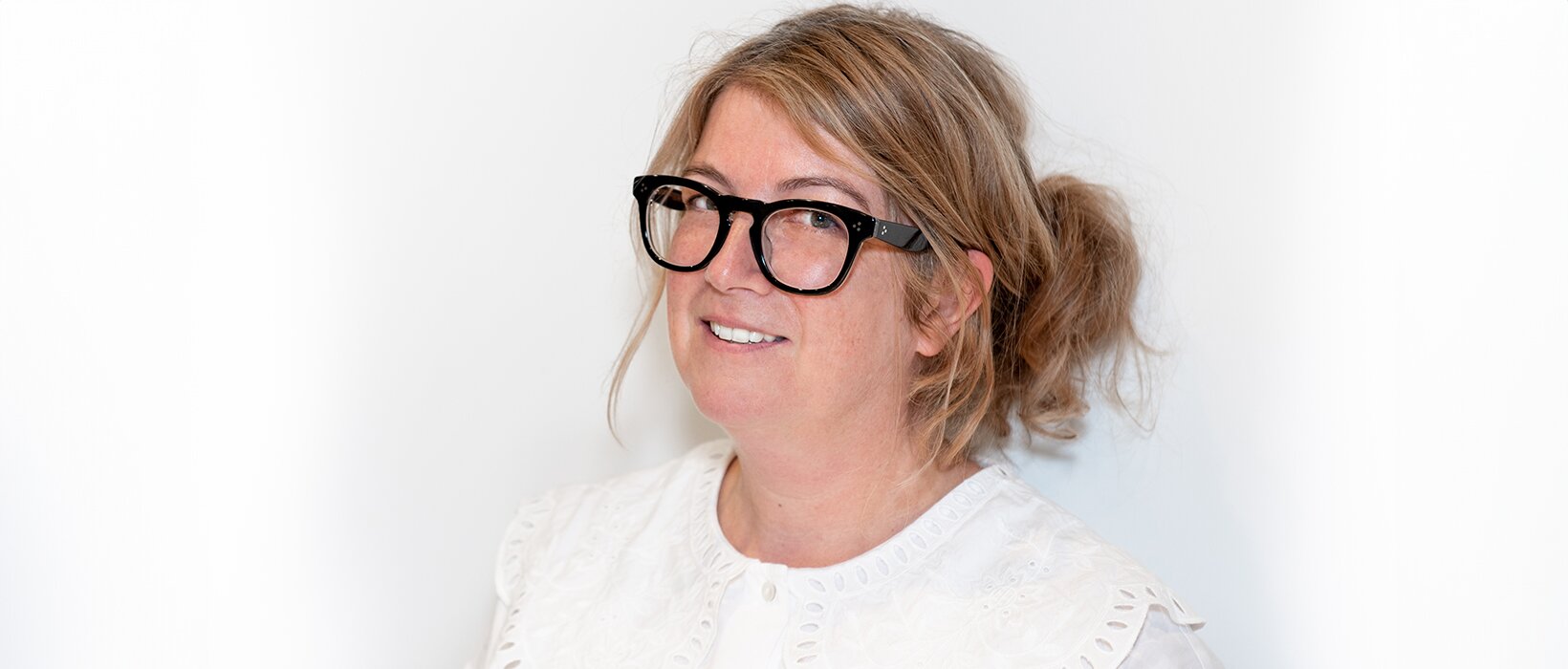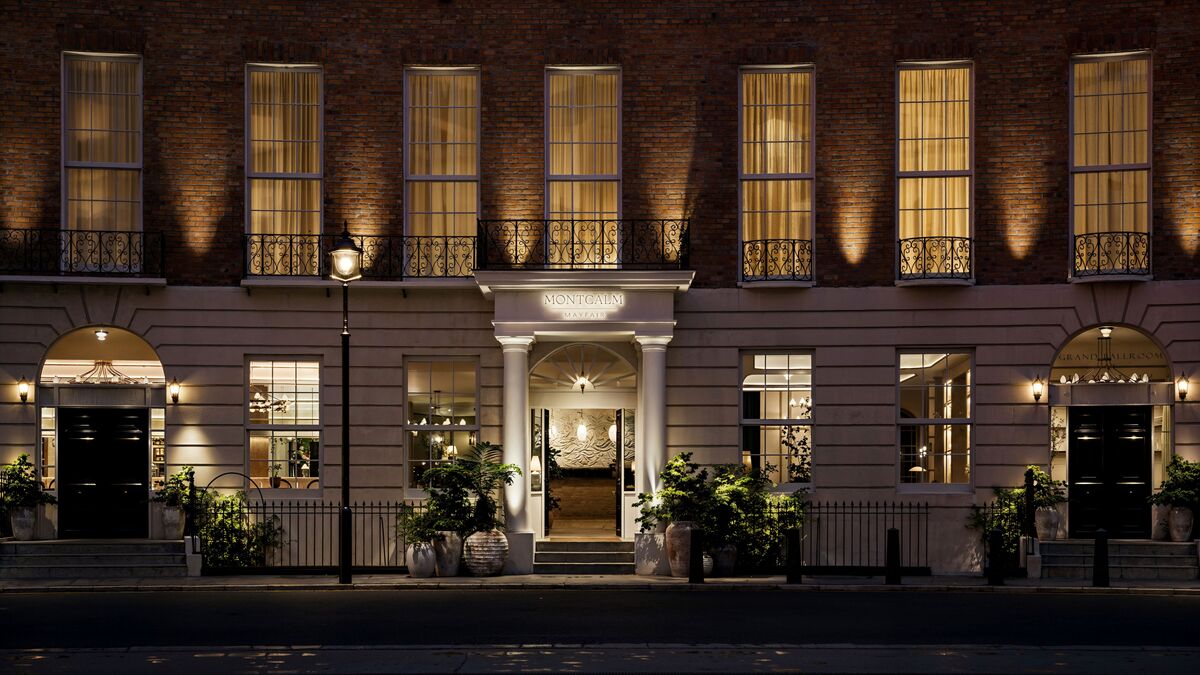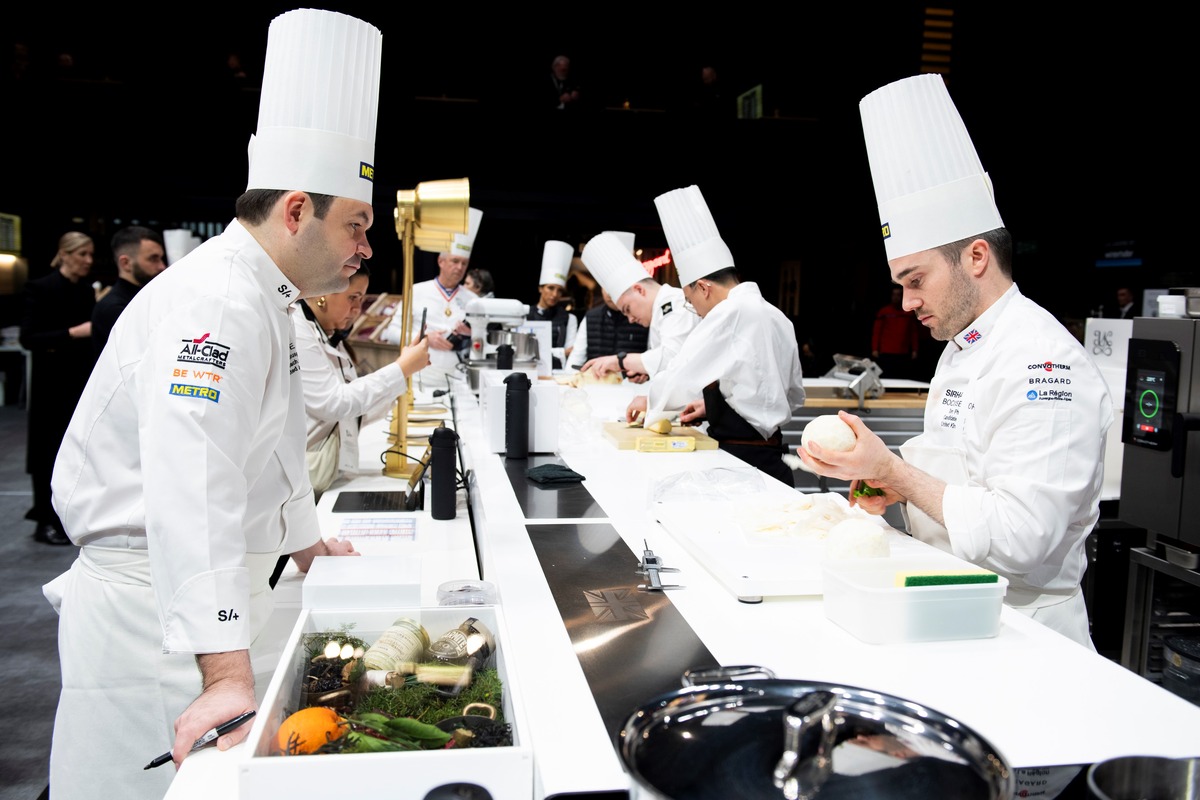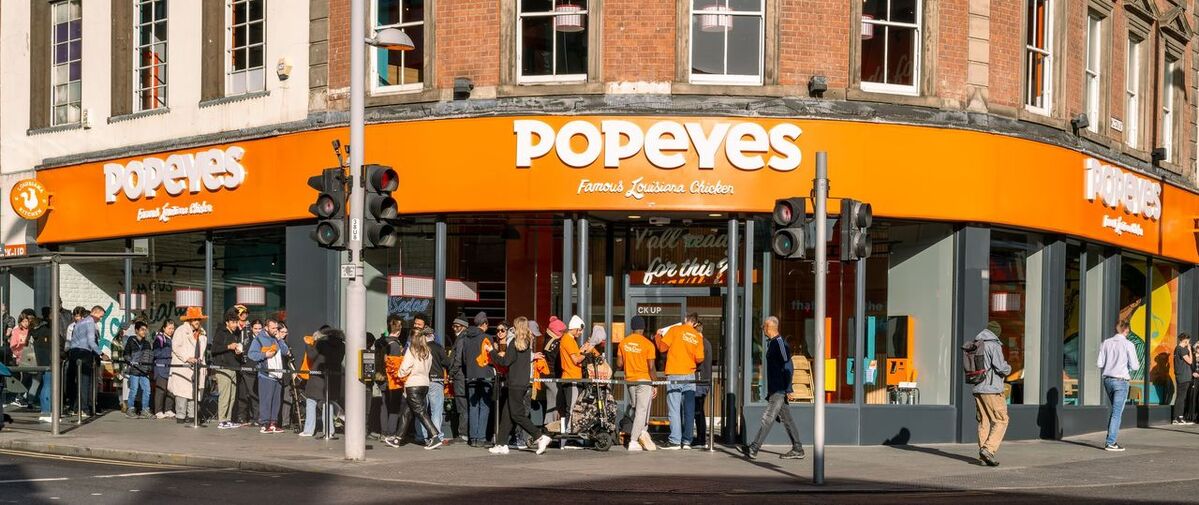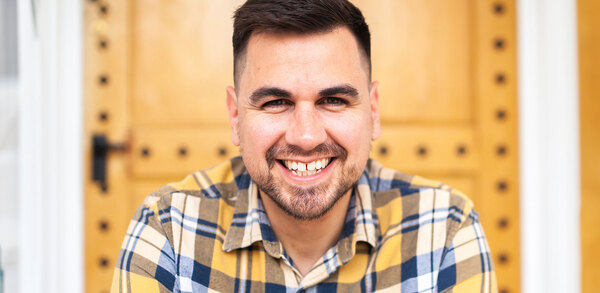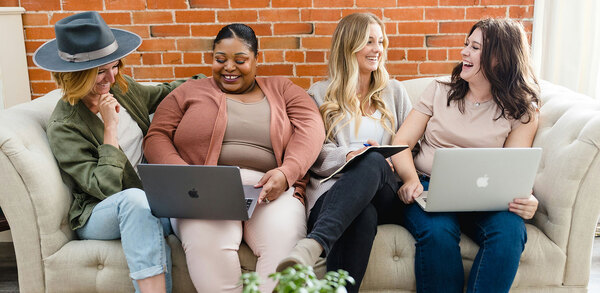Are you adding to the anxiety of eating out?
It’s our duty to make going into an establishment as easy to negotiate as possible for people with a disability, says Sophie McCready
Since the launch of our environmental, social and governance (ESG) strategy, Second Nature, in the summer of last year, equality, diversity and inclusion are top priority for everyone at Benugo. However, even as partnerships and ESG director, I wasn’t prepared for the impact that meeting Matt Pierri, founder of Sociability, an app that helps disabled people find accessible places, would have on me.
Benugo’s founder Ben Warner and I met Matt last December, deep in the peak Christmas shopping period at our busy John Lewis Café on Oxford Street. In hindsight, probably not the best place to suggest a meeting for a wheelchair user, but I didn’t really think.
And that’s the point. Those of us lucky enough to have never experienced accessibility issues don’t think. We’re able to walk upstairs or negotiate a path through a crowded restaurant easily. In a short 45-minute meeting, Matt brought to life the daily challenges that limited mobility can have and the big takeaway for me was the fear of the unknown.
If there is limited information available on a website (save for the obligatory and catch-all wheelchair symbol), how do you know if there is a tricky couple of steps to enter the café you want to visit, or that the disabled toilet is out of service?
Our partnership with Sociability aims to change that. Matt founded Sociability with a very clear mission: to make it easy for disabled people to find accessible places. By removing the anxiety and stress around going out, Sociability is changing the way the world thinks about accessibility and making the world a more sociable place for all.
With more than 1.2 million disabled people living in London and more than 16 million across the UK, this pioneering app was created to help its users easily find personalised accessibility information for local venues. According to Sociability, the hospitality industry falls short in its transparency of how accessible venues are for disabled people, turning eating out into a chore that is often fraught with anxiety and stress. And that just isn’t right or fair. We all have an important part to play to change this.
So far, we’ve mapped the accessibility of 14 of our cafés in six locations (Regent’s Park, St James’s Park, Hyde Park, Westminster Abbey, Royal Museums Greenwich and the Barbican). The findings have given us some simple objectives (and some more challenging ones) to help improve accessibility – not only for those with mobility issues but sensory, visual and auditory ones too.
Working with the team at Sociability has helped us understand how implementing a few small changes, such as providing a simple inexpensive ramp for ease of entry, can have a profound impact on accessibility, inclusivity and a positive customer experience for all our guests. It’s also generating conversation within our teams about a topic that very often isn’t talked about, and we are so grateful to be doing this.
The ‘Purple Pound’ represents the spending power of disabled households and is estimated to be worth £274b a year. Communicating accessibility information is a simple way for hospitality businesses to unlock this, alongside improving the accessibility of all our venues generally.
At Benugo we have started on our journey to improving accessibility and making our cafés a more welcoming environment for everyone and we are looking forward to doing so much more.
Sophie McCready is partnerships and ESG director at Benugo



